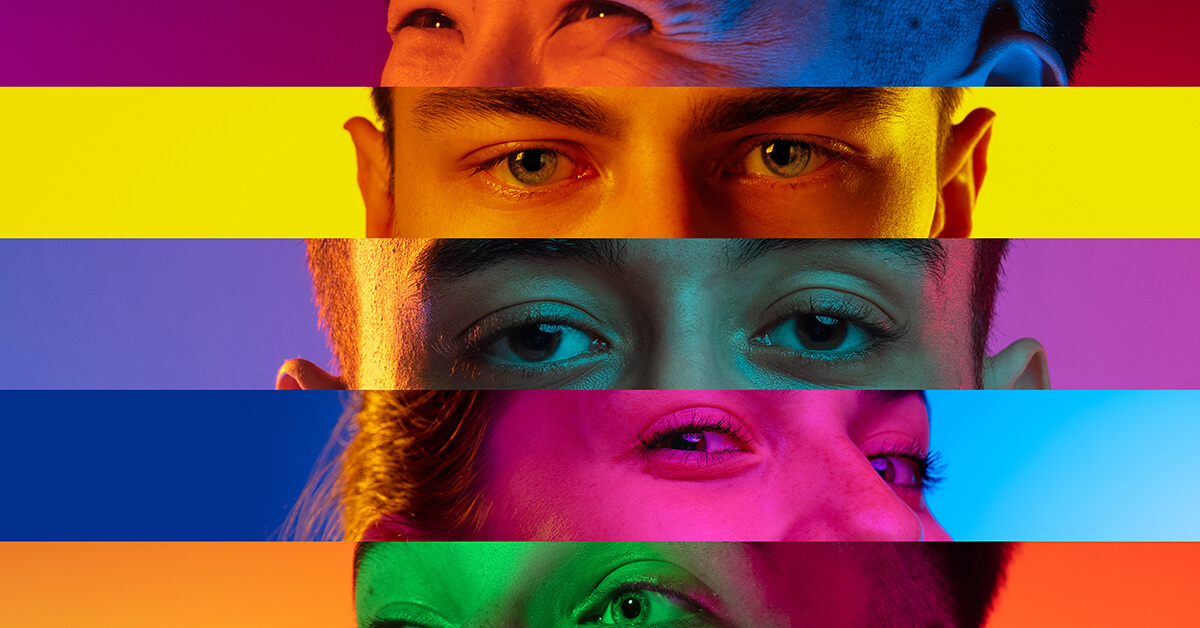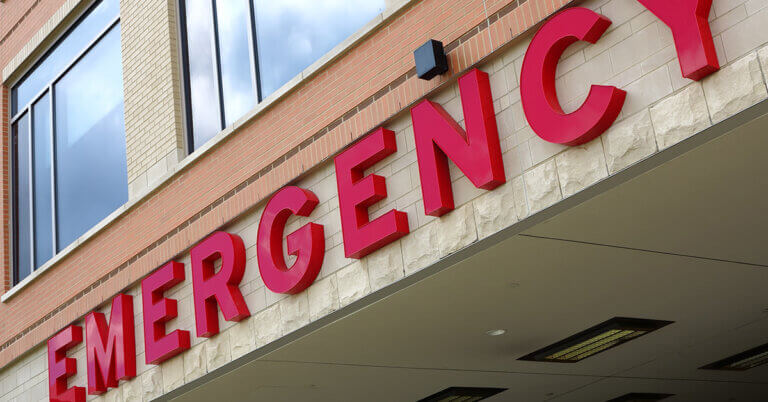August 31, 2022

I Really, Really Don’t Know How You Feel
“You don’t know how it feels to be me.”
—Tom Petty, “You Don’t Know How It Feels.”
Two new consumer polls reminded me that I have absolutely no clue what it feels like not having access to medical care or worrying that I can’t afford medical care. So far, for my entire life so far, I’ve enjoyed access and affordability for me and my family. The reasons could be accident of birth, dumb luck, zip code, age, white privilege, hard work, a spouse with employer-based benefits or a combination of all of the above.
The elderly and racial minorities have not had the same good fortune as me when it comes to healthcare access and affordability. I’ve always known that, as I’ve written about healthcare for nearly 40 years now. Yet for some reason, these two new polls really plucked a reality nerve.
The first is a survey of more than 2,500 Medicare beneficiaries conducted by eHealth, a national health insurance broker. You can download the 10-page survey report, which eHealth issued last month, here.
I’m 62 and not on Medicare yet. But here’s what my soon-to-be peer group has to say about healthcare costs and inflation:
- 83 percent said they were “very” or “somewhat” worried about the impact of inflation on their healthcare costs
- 65 percent said they were most worried about how inflation will affect their Medicare Part B (outpatient) costs and their Medicare Part D (prescription drugs) costs
- 45 percent said their personal healthcare expenses have already risen because of inflation
- 30 percent said their current Medicare premiums are unaffordable to them
Being on a fixed income at the same time your use of the healthcare system increases because of your age sucks. And it really sucks when you factor in inflation. I can say I know how you feel, but I really don’t. At least not for another three years.
I will get older each day, but I won’t become a racial minority until 2045 when I turn 85, if I make it that long, per projections from the U.S. Census Bureau. And that leads me to the second survey, this one conducted by National Public Radio, the Robert Wood Johnson Foundation and the Harvard T.H. Chan School of Public Health. You can download their 54-page survey report, which the group issued earlier this month, here.
The report is based on a survey of about 4,200 adults age 18 or older with representative samples of white, Black, Latino, Asian and Native American respondents. The surveyors asked the respondents a number of questions on a variety of social issues, including healthcare.
Eighteen percent of the respondents like me said they delayed or skipped medical care in the past year despite suffering from a serious illness compared with:
- 35 percent of Native American respondents
- 24 percent of Black respondents
- 18 percent of Latino respondents
- 10 percent of Asian respondents
Three percent of the respondents like me who saw a healthcare provider within the past year said the provider treated them unfairly, disrespected them or turned them away because of the respondent’s race or ethnicity compared with:
- 21 percent of Native American respondents
- 15 percent of Black respondents
- 14 percent of Latino respondents
- 5 percent of Asian respondents
Sixteen percent of respondents like me said they are currently having serious problems being able to afford medical care or prescription drugs compared with:
- 25 percent of Native American respondents
- 22 percent of Black respondents
- 19 percent of Latino respondents
- 14 percent of Asian respondents
Again, I can say I know how you feel, but I really can’t. At least not for another 23 years.
What I can say is this: I will not pretend or assume to know how you feel. Now, what we need to turn the healthcare system around to better serve customers are leaders who will do the same thing.
Thanks for reading.





